What is the Purpose of a Holding Company?
Holding companies do much more than just own other businesses. These companies don't make products or provide services directly, but they serve many important business functions that make them valuable organizational structures.
Strategic Control and Investment Management
A holding company's main purpose centers on controlling subsidiaries through majority stock ownership. The company gains the most important influence over operations, policies, and management decisions by buying controlling shares (usually more than 50%) in other companies. This setup lets it guide overall strategy without getting caught up in day-to-day operations.
Asset Protection and Risk Mitigation
Companies create holding structures to build a protective wall between assets and operational risks, and with good reason too. This arrangement protects against financial risks and legal issues by keeping subsidiaries as separate legal entities. If one subsidiary goes bankrupt, creditors can't go after the holding company or other subsidiaries for payment.
Financial Flexibility and Resource Allocation
Holding companies are skilled at managing resources across their portfolio. They can:
- Move profits from cash-rich subsidiaries to support growth in other units
- Buy new businesses at better rates than using outside funding
- Get better deals with suppliers or lenders by using their combined size and resources
Tax Efficiency and Planning
This structure offers great tax benefits, especially when moving money between entities. C Corporation subsidiaries can pay dividends to their holding company without tax implications for the parent company. It also helps that holding companies can file consolidated tax returns where profits from one subsidiary offset another's losses, which might lower the overall tax bill.
Succession Planning and Growth
Family businesses and entrepreneurs planning ahead find that holding companies make easier transitions between generations through tools like estate freezes. The structure also helps attract investors or partners to individual subsidiaries since each one operates independently with protected liability.
Features of a Holding Company
Holding companies stand out from regular operational businesses in several ways. They work through controlling interest ownership, which means they hold more than 50% of their subsidiaries' voting shares. This ownership lets them influence major decisions without getting involved in daily operations.
Legal separation between holding companies and their subsidiaries is a vital feature. Each entity keeps its own legal identity even though they're connected through ownership. This means creditors can't go after the parent company if a subsidiary goes bankrupt. The arrangement keeps financial risks contained within each business unit.
These companies come in different shapes and sizes. Pure holding companies only own and manage other businesses. Mixed holding companies both own subsidiaries and run their own operations. Some operate as financial holding companies that focus on owning banks or insurance companies.
The centralized control structure helps holding companies coordinate core functions in a variety of operations. Here's what they do:
- Direct strategic planning and resource allocation across the corporate family
- Manage capital distribution among subsidiaries
- Control subsidiary board composition and appointment of directors
- Make major policy and financial decisions for subsidiaries
These companies make money through passive revenue streams from their subsidiaries. This includes dividends, interest payments, distributions, and rental income. They might also earn extra money by providing back-office support to their subsidiaries.
Asset protection adds another layer of value. Holding companies often keep valuable assets like real estate, patents, trademarks, and intellectual property separate from their other companies. This strategy protects these assets from day-to-day business risks.
Tax benefits make these structures even more attractive. Holding companies can file consolidated returns and manage finances strategically. They offset losses in one subsidiary against profits in another, which often reduces their overall tax burden.
How Does a Holding Company Work?
A holding company's core purpose is to control other businesses rather than run operations directly. These companies work by buying enough voting stock in other companies to control them without managing their daily operations.
Companies can become holding entities in two ways. They can buy enough voting shares in existing companies to control them. They can also create new corporations and keep all or some of their shares. While 50% ownership ensures control, companies can influence decisions with just 10% ownership, depending on how other shares are distributed.
The bond between a holding company and its controlled corporations creates a parent-subsidiary relationship. This setup lets the parent company maintain oversight while subsidiaries run independently. Each entity has specific roles:
The Holding Company:
- Determines strategic direction and policies
- Selects board members and executives
- Controls major financial choices
- Delivers centralized support services
- Distributes resources to subsidiaries
The Subsidiaries:
- Run business operations
- Lead their management teams
- Make daily business choices
- Work independently within guidelines
Holding companies make money through their subsidiaries' dividends, distributions, interest payments, and rental fees. Some also charge for administrative services they provide.
Two distinct types of holding companies exist based on how they operate. Pure holding companies only own stakes in other companies without running any operations. Mixed holding companies both control other businesses and run their own operations.
This structure creates an effective balance between central control and operational freedom. Each part of the organization can focus on what it does best.
Holding Company : Subsidiary Company Relationship
A holding company and its subsidiaries share a unique bond that balances control with legal independence. The Supreme Court of India's landmark judgment in Vodafone International Holdings BV v. Union of India made this clear: "A company is a separate legal persona and the fact that all its shares are owned by one person or by the parent company has nothing to do with its separate legal existence."
The holding-subsidiary relationship emerges through two main tests under Section 2(87) of the Companies Act, 2013:
- The holding company's control over the subsidiary's board composition
- The holding company's exercise or control of more than half the total voting power
Subsidiaries remain distinct entities rather than extensions of their parent companies. Each maintains its own legal identity with separate assets, liabilities, and management structures. The Supreme Court emphasized this point: "If the owned company is wound up, the liquidator, and not its parent company, would get hold of the assets of the subsidiary."
Legal restrictions help maintain integrity within this relationship. Section 19 of the Companies Act prohibits subsidiaries from holding shares in their holding company. The law allows limited exceptions when a subsidiary acts as a legal representative or trustee, or owned shares before becoming a subsidiary.
Separate legal identities create a vital liability shield between entities. A subsidiary's financial troubles do not allow creditors to seek compensation from the holding company or other subsidiaries.
Most subsidiaries operate with significant autonomy in daily operations, though holding companies influence major decisions. This balanced approach lets subsidiaries focus on specific markets or business lines while receiving strategic guidance and financial support from their parent company.
Types of Holding Companies
Businesses can structure holding companies in different ways to meet their goals and comply with regulations. A clear understanding of these classifications helps business owners pick the right structure that aligns with their organization's needs.
Pure Holding Companies exist solely to own shares in other companies. These companies don't run any business operations themselves. They make money from dividends, interest payments, or capital gains from their ownership stakes in other businesses.
Mixed Holding Companies play a dual role in the business world. These companies, also known as holding-operating companies, own other businesses while running their own operations. We call them conglomerates when they operate in completely different industries from their subsidiaries. Microsoft Corporation shows this perfectly - they create software and own stakes in other tech companies.
Immediate Holding Companies sit in the middle of corporate structures. Another holding company controls them, yet they maintain voting rights and direct control over their subsidiaries. This creates distinct management layers in a multi-tiered ownership setup.
Intermediate Holding Companies work as both parent and subsidiary at the same time. Large multinational organizations often use them as bridge entities to manage regional operations and optimize taxes. These companies benefit from greater privacy since they don't need to publish their financial records.
Industry-specific Holding Companies put all their investments into one sector where they have deep expertise. Comcast Corporation demonstrates this in media and entertainment as it owns NBCUniversal, Xumo, SkyNews, and Telemundo.
Financial Holding Companies fall under special regulations because they own banks, financial institutions, or insurance companies. These face different rules than standard holding companies.
Examples of a Holding Company
Major corporations around the world show how holding companies work in practice. These ground examples demonstrate this business model's success in different industries.
Alphabet Inc. ranks among the world's most prominent holding companies. The company came to life in 2015 when Google became its subsidiary. Alphabet now owns Google and many technology businesses. The company generated 85% of its revenue from advertising in 2018. Its consolidated revenue reached $21.7 billion with a net income of $6.4 billion in 2021. This new structure lets Google concentrate on its core business while Alphabet manages subsidiaries like Calico, DeepMind, Waymo, and Verily.
Berkshire Hathaway shines as another successful holding company model under Warren Buffett's guidance. The company started as a textile manufacturer in 1839 and grew into one of the world's largest holding companies. Its shares now command premium market prices. Berkshire Hathaway controls more than 80 subsidiaries in sectors of all types from insurance (GEICO) to energy, transportation, and consumer goods (Duracell).
The financial world saw JPMorgan Chase & Co. emerge from JPMorgan and Chase Manhattan Bank's merger in 2000. This banking giant now controls over 40 subsidiaries in asset management, investment banking, and commercial banking.
Sony Corporation runs its multinational operations from Tokyo. This 76-year-old entertainment, electronics, and gaming powerhouse reported revenue of ¥8.999 trillion ($6.87 billion) in 2021. Sony's key subsidiaries include Sony Electronics, Sony Interactive Entertainment, and Sony Pictures Entertainment.
Reliance Industries leads India's private sector with 374 subsidiaries and 150 associate companies as of 2021. The company started in textiles and expanded to energy, telecommunications, retail, and petrochemicals.
Uses of a Holding Company
Holding companies do more than just control stakes in other businesses. These entities provide versatile solutions that go beyond simple ownership, making them attractive structures for both entrepreneurs and corporations.
Asset protection stands out as a core benefit of holding companies. They create a protective barrier against liability by keeping valuable assets separate from operating companies. Each subsidiary becomes responsible for its own debts—not the holding company. This setup stops creditors from accessing assets under the parent company when collecting debts or making legal claims.
The structure works great for risk management by keeping business units separate. When one subsidiary faces financial troubles or legal issues, other parts stay safe. This protection becomes especially valuable when you run businesses across different industries with unique risk profiles.
Holding companies help substantially with tax optimization. Their strategic structure allows you to:
- Reduce overall tax liabilities
- Offset profits from one subsidiary with losses from another
- Arrange entities in jurisdictions with favorable tax rates
- Apply efficient tax strategies, especially with multiple trading companies
These companies protect both financial assets and intellectual property. The parent company can hold and license valuable IP like trademarks, copyrights, and patents to subsidiaries, keeping these vital assets safe from day-to-day risks.
Additional benefits include operational efficiency through central management, strategic acquisitions through subsidiary companies, and better financial leverage with broader access to credit and capital. This structure gives you amazing flexibility for growth, development, and succession planning.
Holding companies boost business structure flexibility by keeping key assets at the parent level. This setup lets the group invest in new ventures or exit existing ones while protecting core assets and overall business value.
Assets Necessary for a Holding Company
A successful holding company needs specific assets and smart management practices. The company's asset portfolio includes strategic acquisitions that work both as operational tools and protective measures.
Subsidiary ownership creates the foundation of any holding company. Companies achieve this through majority stock ownership in other businesses. This gives the parent company power to guide subsidiary operations without getting involved in daily tasks.
The company's intellectual property makes up another crucial asset group that covers:
- Patents protecting inventions and innovations
- Trademarks safeguarding brand names, logos, and commercial symbols
- Copyrights covering original creative works including literary, musical, and artistic creations
Real estate makes up much of a holding company's asset portfolio. Property investments create value in two ways: they appreciate over time and generate rental income. Subsidiaries can lease these properties as needed while the assets stay protected from creditors and operational risks.
Physical assets bring additional value through plant equipment, machinery, and company vehicles. Smart holding companies keep these valuable operational assets separate from subsidiaries. They lease them back when needed and protect them from potential business risks.
Financial investments complete the holding company's asset structure. Diverse holdings in stocks, bonds, and other securities help create income beyond subsidiary operations.
This asset structure shows its true value in risk management. Valuable assets at the holding company level stay protected from creditors if subsidiaries face financial trouble. The structure helps businesses separate high-risk operations from low-risk ones effectively.
Cash reserves remain vital to fund investments and operations. This money gives companies the freedom to chase new opportunities or help existing subsidiaries when they need support.
Benefits of a Holding Company
A well-laid-out holding company structure offers compelling advantages that go way beyond the reach and influence of simple corporate organization. Let's take a closer look at the benefits that make entrepreneurs and investors gravitate toward this business model.
Asset Protection serves as the life-blood benefit. Companies create an effective liability shield by keeping valuable assets in a holding company separate from operating entities. Creditors cannot reach assets held by the parent company or other subsidiaries if one subsidiary faces financial trouble or legal challenges. This protection covers physical property, intellectual property, and equipment vital to business operations.
Tax Optimization emerges as another powerful incentive. Holding companies can file consolidated tax returns, which allows losses in one subsidiary to offset profits in another. On top of that, it lets C Corporation subsidiaries pay dividends to their holding company without creating tax liability for the parent company. These mechanisms cut the overall tax burden substantially across the corporate structure.
Strategic Control with Minimal Investment helps entrepreneurs manage multiple businesses with ease. Business owners can expand their influence with less capital since a holding company needs only a 51% share to control each subsidiary.
Resource Allocation Flexibility proves to be a hidden advantage. Parent companies can move profits from cash-rich subsidiaries to stimulate growth opportunities in other units. They can also buy new businesses at lower costs than through external funding. This internal financing capability creates remarkable operational agility.
Centralized Management cuts administrative overhead through shared services. Subsidiaries can focus on core operations while getting cost-efficient support services by combining functions like finance, human resources, and marketing at the holding company level.
Succession Planning becomes easier with a holding company structure. Business owners can hand over operational control to the next generation gradually while retaining strategic oversight. This makes leadership transitions smoother for family businesses.
Risk Diversification safeguards the overall enterprise by spreading investments in a variety of industries and business models. This portfolio approach builds resilience against market swings affecting specific sectors.
Disadvantages of a holding company
High setup and maintenance costs: Requires separate formation fees, compliance filings, tax returns, and audits for each entity, increasing legal and accounting expenses.
Operational complexity: Managing multiple subsidiaries across different industries or regions can be overwhelming and inefficient.
Lack of industry expertise: Central leadership may lack sufficient knowledge of each sector, leading to poor strategic decisions.
Conglomerate discount: The market may undervalue the holding company compared to the sum of its parts, due to inefficient capital allocation.
Minority shareholder issues: Holding company control may override the interests of minority stakeholders in subsidiaries.
Risk of veil piercing: Inadequate separation of finances and records between entities can expose the holding company to legal liabilities.
Internal conflicts: Tensions may arise between parent and subsidiary leadership, especially when autonomy is restricted.
How do Holding Companies Make Money?
Holding companies work differently from regular businesses that sell products or services. They make money through different financial channels and take a relaxed approach to daily operations.
Dividends from subsidiaries are the foundations of how holding companies earn revenue. These companies receive regular dividend payments as major shareholders from their subsidiary companies' profits. This creates a steady flow of passive income that needs minimal oversight.
Among other income sources, these companies provide loans to their subsidiaries and earn interest payments. This helps subsidiaries grow without giving up ownership while creating additional revenue streams.
Intellectual property management brings in much of their income. These companies own valuable trademarks, patents, and copyrights that they license to subsidiaries or other companies to collect royalty payments or licensing fees.
Most holding companies earn management fees by offering centralized services to their subsidiaries such as:
- Consulting and strategic planning
- Legal and administrative support
- Human resources and recruitment
- Financial management and accounting
Companies can generate substantial one-time income through capital gains when they sell subsidiary shares at a profit. These calculated sales become an important revenue source.
Real estate ownership lets holding companies earn steady rental income by leasing properties to subsidiaries. This setup protects valuable assets at the parent company level.
Tax benefits make this structure attractive. Companies that own 80% or more of their subsidiaries can submit consolidated tax returns. This allows them to balance losses in one subsidiary against profits in others and reduce their overall tax burden.
Indian holding companies enjoy specific advantages. They can get tax exemptions on dividend income from subsidiaries under certain conditions in the Income Tax Act. This makes the holding company structure especially appealing to Indian business groups.
Does a Holding Company Pay Income Tax in India?
Indian holding companies must pay income tax on their worldwide earnings, just like other businesses. The Income Tax Act of 1961 provides the taxation framework that addresses their unique structure.
These companies pay standard corporate tax rates of 30% on their net income. A reduced 25% rate benefits smaller holding companies with annual turnover up to ₹400 crore. Companies can also choose a 22% tax rate under Section 115BAA (effectively around 25.17% with surcharge and cess) by giving up certain exemptions and deductions.
The tax structure has these additional components:
- Surcharge ranging from 7% to 12% based on taxable income
- Health and Education Cess at 4% on tax amount including surcharge
India removed the Dividend Distribution Tax system in April 2020. Dividends from subsidiaries now count as the holding company's taxable income. Section 80M helps prevent double taxation within corporate groups by allowing deductions for dividends distributed to shareholders.
Let's look at an example: A holding company gets ₹10 lakh as dividends from its subsidiary and gives ₹8 lakh to its shareholders. The company can claim a deduction of ₹8 lakh under Section 80M.
Capital gains tax depends on how long assets are held:
- Normal corporate rates apply to short-term gains (assets held <12 months for shares)
- Long-term gains on listed equity shares above ₹1 lakh get taxed at 10% without indexation
{{company-reg-cta}}
Registration of a Holding Company in India : A Step-By-Step Guide
Indian holding companies must pay income tax on their worldwide earnings, just like other businesses. The Income Tax Act of 1961 provides the taxation framework that addresses their unique structure.
Step 1: Choose an Appropriate Company Structure
Business owners should select a suitable entity type for their holding company. Most entrepreneurs choose either a Private Limited Company or Limited Liability Partnership (LLP) structure based on their business goals and operational scale.
Step 2: Get Essential Identification Numbers
The registration process needs two mandatory identifiers:
Step 3: Select and Reserve a Company Name
Your holding company's name must comply with Ministry of Corporate Affairs (MCA) guidelines. The SPICe+ Part A form submission on MCA's portal helps secure name approval. The name should match your business objectives and stand unique.
Step 4: Prepare Essential Constitutional Documents
The Memorandum of Association (MOA) and Articles of Association (AOA) need specific provisions for a holding company structure. These documents should include:
- Information about assets held in subsidiaries
- Names of subsidiary companies
- Shareholding pattern in each subsidiary
- Share capital details
- The holding company's rights over its subsidiaries
Step 5: File for Incorporation
The SPICe+ Part B form on MCA's portal needs completion with your MOA, AOA, and other required documents like registered office address proof and director declarations.
Step 6: Post-Registration Compliance
The Certificate of Incorporation comes with your Corporate Identification Number (CIN). You should then get your PAN, TAN, set up a corporate bank account, and register for GST if needed for full regulatory compliance.
Expert legal advisors can help you understand the complex requirements specific to India's holding company structures.
Conclusion
Holding companies offer strategic advantages, including asset protection, tax efficiency, and centralized control while allowing subsidiaries to operate independently. They are effective for growth, risk management, and wealth preservation, but require careful evaluation of business objectives, setup costs, and compliance. Key points include:
- Evaluate if scale and diversity justify administrative work.
- Valuable for family businesses planning succession and those with intellectual property.
- Consider "conglomerate discount" and minority shareholder conflicts.
- Strategic asset allocation is a major benefit, spreading operational risks across separate entities.
- Professional guidance is essential for corporate structuring, tax planning, and legal compliance.
With proper planning, holding companies can enhance business protection and growth for future generations.
Frequently Asked Questions
Let's tackle some common questions about holding companies to clear up any confusion.
.png)

















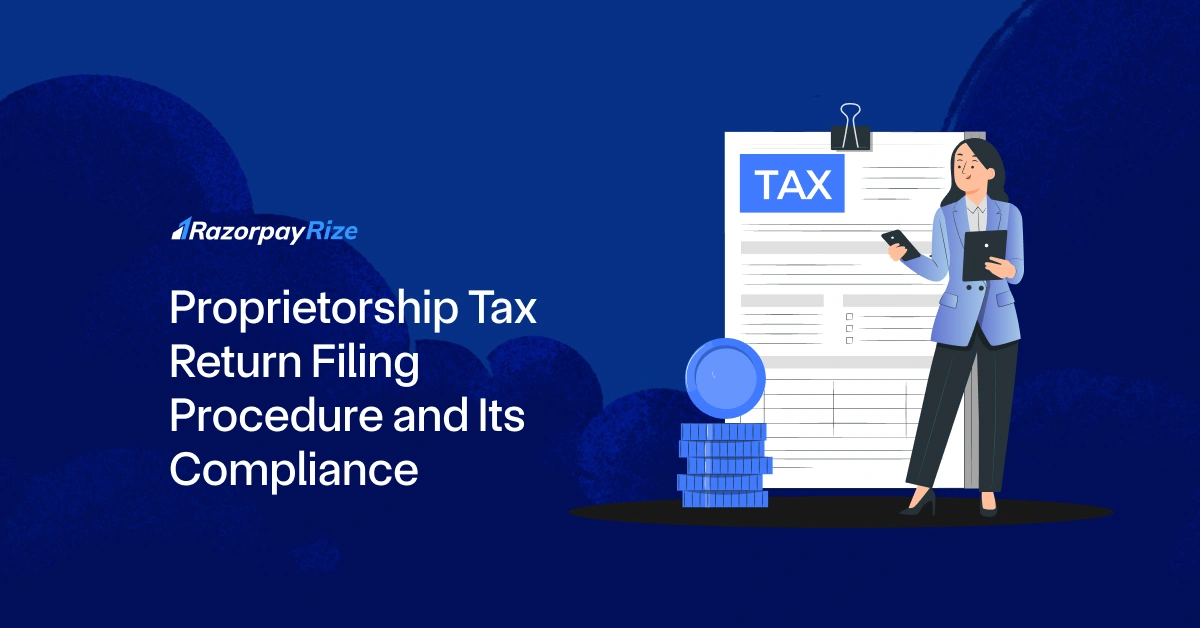
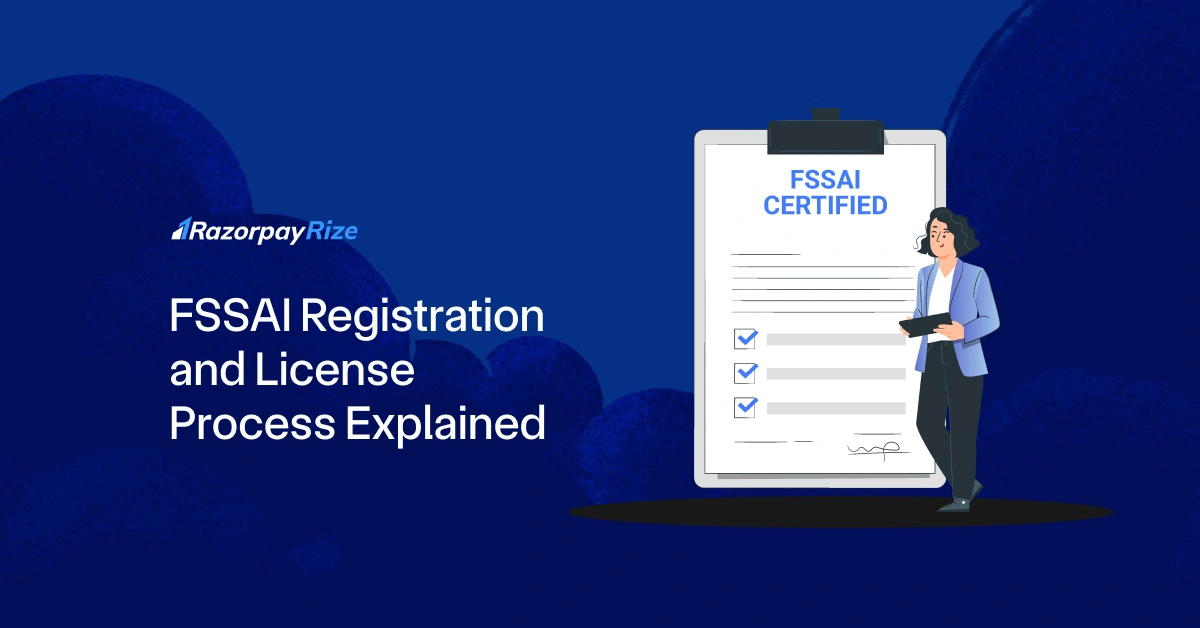


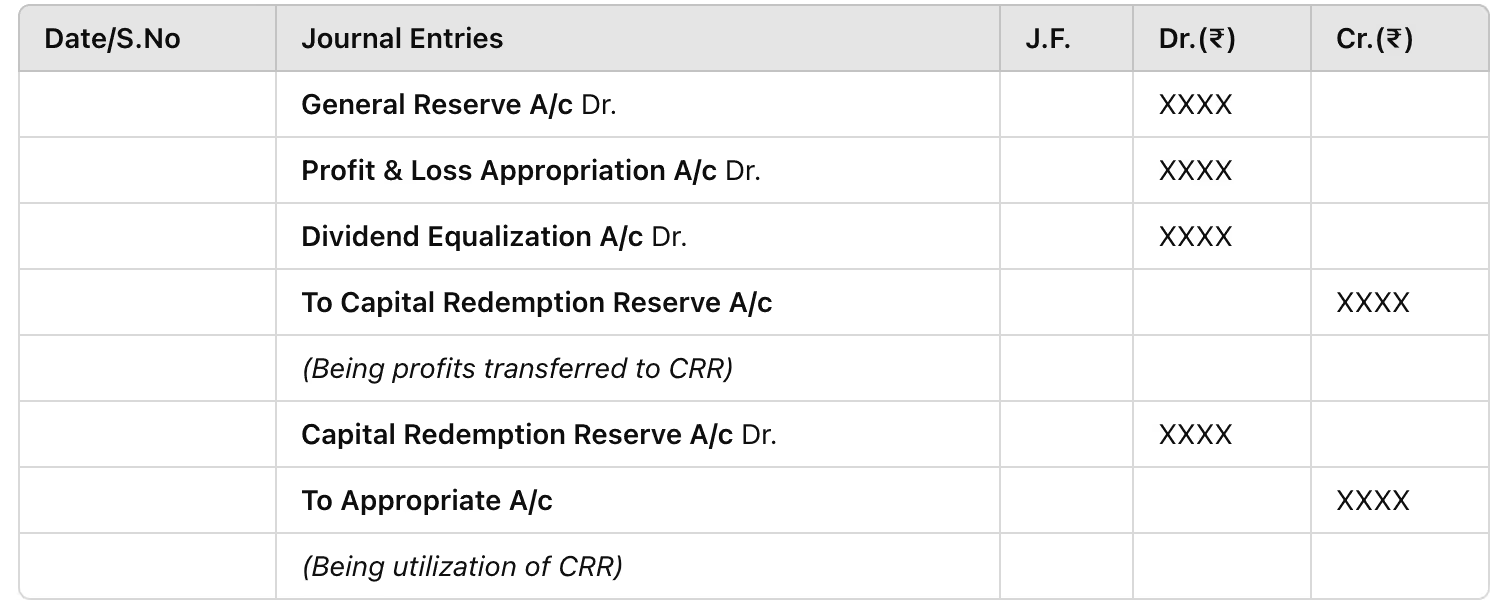

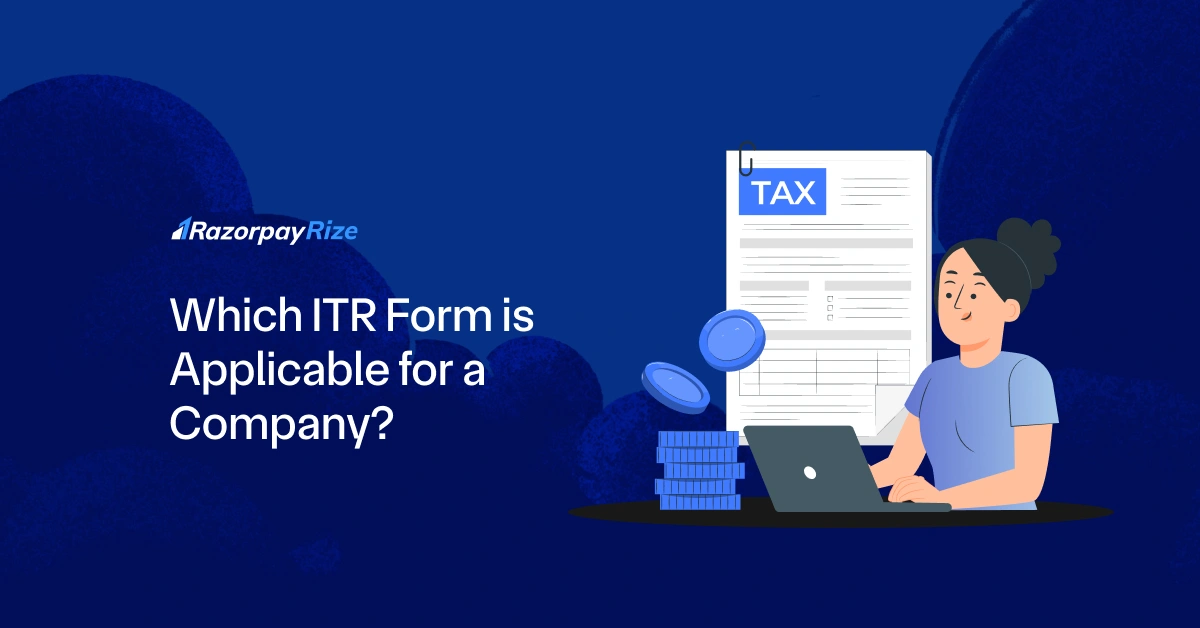


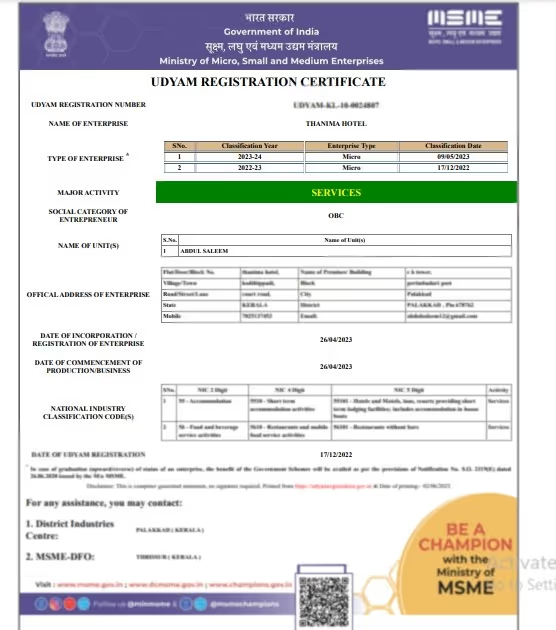


%20Explained%20(1).webp)










